Top 10 Digital Marketing Strategies Every Small Business Should Be Using
If you’re a small business owner trying to get noticed online, you already know the struggle — too many options, too little time, and not enough clarity on what actually works.
At Prime Biz Growth, we cut through the noise to give you real strategies that drive results. Here are the 10 most effective digital marketing strategies to grow your brand, attract more customers, and boost your bottom line — without burning out.
1. 🔍 Master Your SEO (Search Engine Optimization)
Want to show up on Google without paying for ads every time? SEO is your best friend.
✅ Use keywords your customers are searching
✅ Optimize titles, meta tags, and images
✅ Build backlinks from trusted sites
✅ Keep your website fast and mobile-friendly
🎯 Tools to try: Yoast SEO (WordPress), Ubersuggest, Google Search Console
2. 🧠 Create Value with Content Marketing
Content builds trust. Whether it’s a how-to blog, an explainer video, or a killer infographic — quality content = traffic + credibility.
Ideas:
Blog about common customer questions
Create tip videos or tutorials
Post customer success stories
📝 Pro tip: Consistency beats perfection. One helpful post a week goes a long way.
3. 📱 Get Social — The Smart Way
Social media isn’t just for likes — it’s a goldmine for building relationships, driving traffic, and promoting your brand.
✔️ Pick 2-3 platforms where your audience hangs out
✔️ Post valuable, relatable content (not just salesy promos)
✔️ Use Stories, Reels, and Lives to boost visibility
💬 Engage, don’t just broadcast. Social media is a two-way street.
4. 💸 Use PPC Ads to Get Quick Wins
Pay-Per-Click (PPC) ads — like Google Ads or Meta Ads — are perfect for targeted visibility.
Start small. Test everything.
Target specific search terms
Use retargeting to re-engage visitors
Optimize your landing pages for conversions
📊 Adjust based on real-time data and ROI — not just clicks.
5. 📧 Build an Email List You Actually Use
Email marketing = low-cost, high-conversion.
Use it to:
Nurture leads
Share news or offers
Re-engage past customers
🛠 Tools to try: Mailchimp, MailerLite, ConvertKit
Bonus: Segment your list so you can send more relevant messages = higher open + click rates.
6. 📍 Get Found Locally with Local SEO
If you have a brick-and-mortar store or serve a specific region, local SEO is non-negotiable.
Must-do’s:
Claim and optimize your Google Business Profile
Collect customer reviews
Add your location to titles and content
Show up on Google Maps
🏆 Want to dominate your area? Ask us about our local SEO setup service.
7. 🤝 Leverage Influencer Marketing
Partner with micro-influencers or local personalities who your ideal customers already trust.
🎥 What to look for:
Real engagement (not just big numbers)
Alignment with your brand values
Niche relevance
A shout-out from the right person = instant trust + visibility.
8. 🎬 Capture Attention with Video Marketing
Video is king — plain and simple.
Start with:
Product explainers
Behind-the-scenes clips
Customer testimonials
Educational or how-to content
📱 Post videos on YouTube, TikTok, Instagram Reels, and your website. Even short clips can generate big engagement.
9. 🔁 Use Retargeting to Close More Sales
Ever visit a site, then see their ad everywhere? That’s retargeting — and it works.
Reconnect with people who didn’t buy the first time
Offer limited-time deals or reminders
Bring warm traffic back to your site
Platforms: Facebook Ads, Google Display Network, LinkedIn Ads
10. 📈 Track What’s Working (and What’s Not)
You can’t improve what you don’t measure.
Set up:
Google Analytics for traffic & behavior
Meta Pixel for ad tracking
Heatmaps (like Hotjar) for user experience insights
💡 Look at data weekly. Double down on what’s working, and ditch what’s not.
✅ Final Thoughts: Keep It Simple, Stay Consistent
Digital marketing doesn’t need to be overwhelming. Start with just 2–3 of these strategies, track your results, and build from there.
At Prime Biz Growth, we help small businesses like yours build smarter marketing systems that save time, attract leads, and grow revenue.


